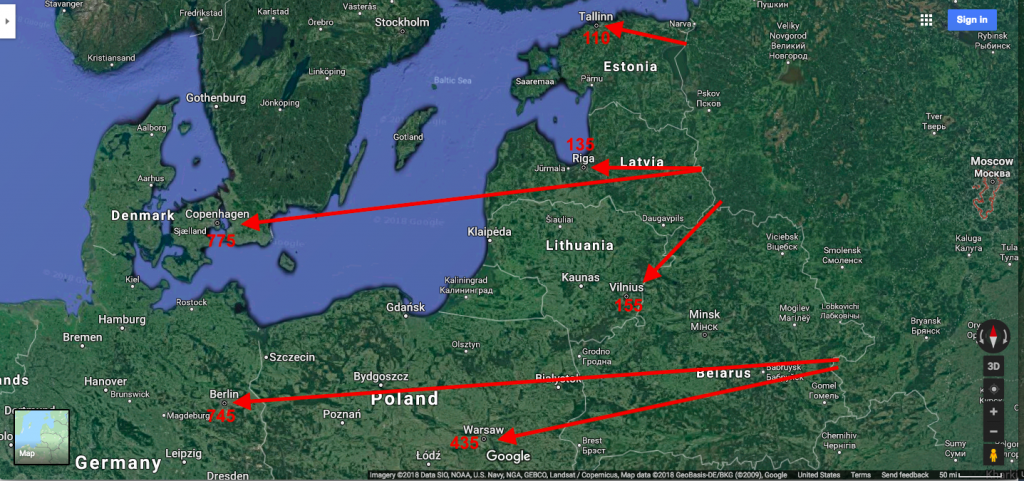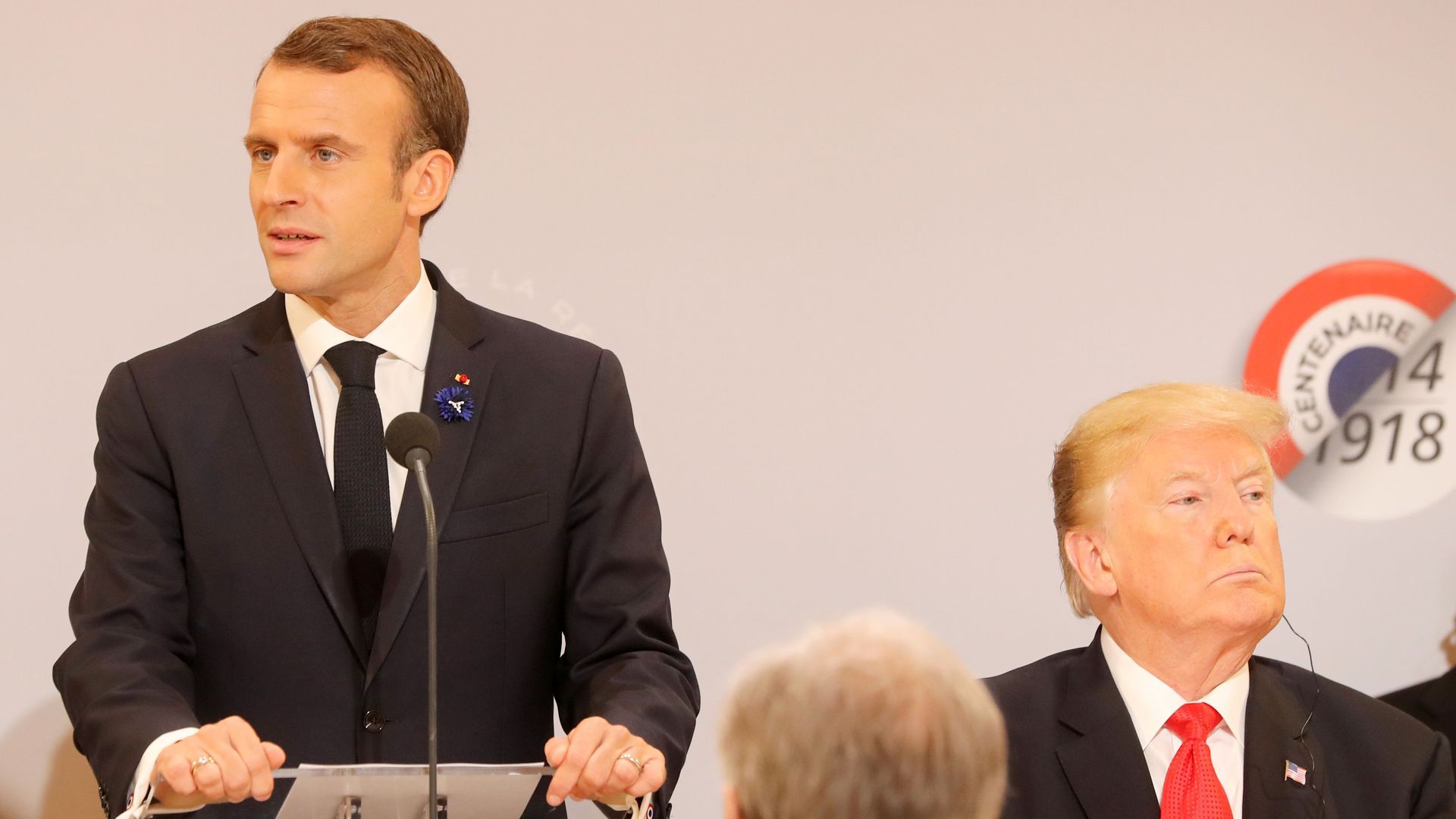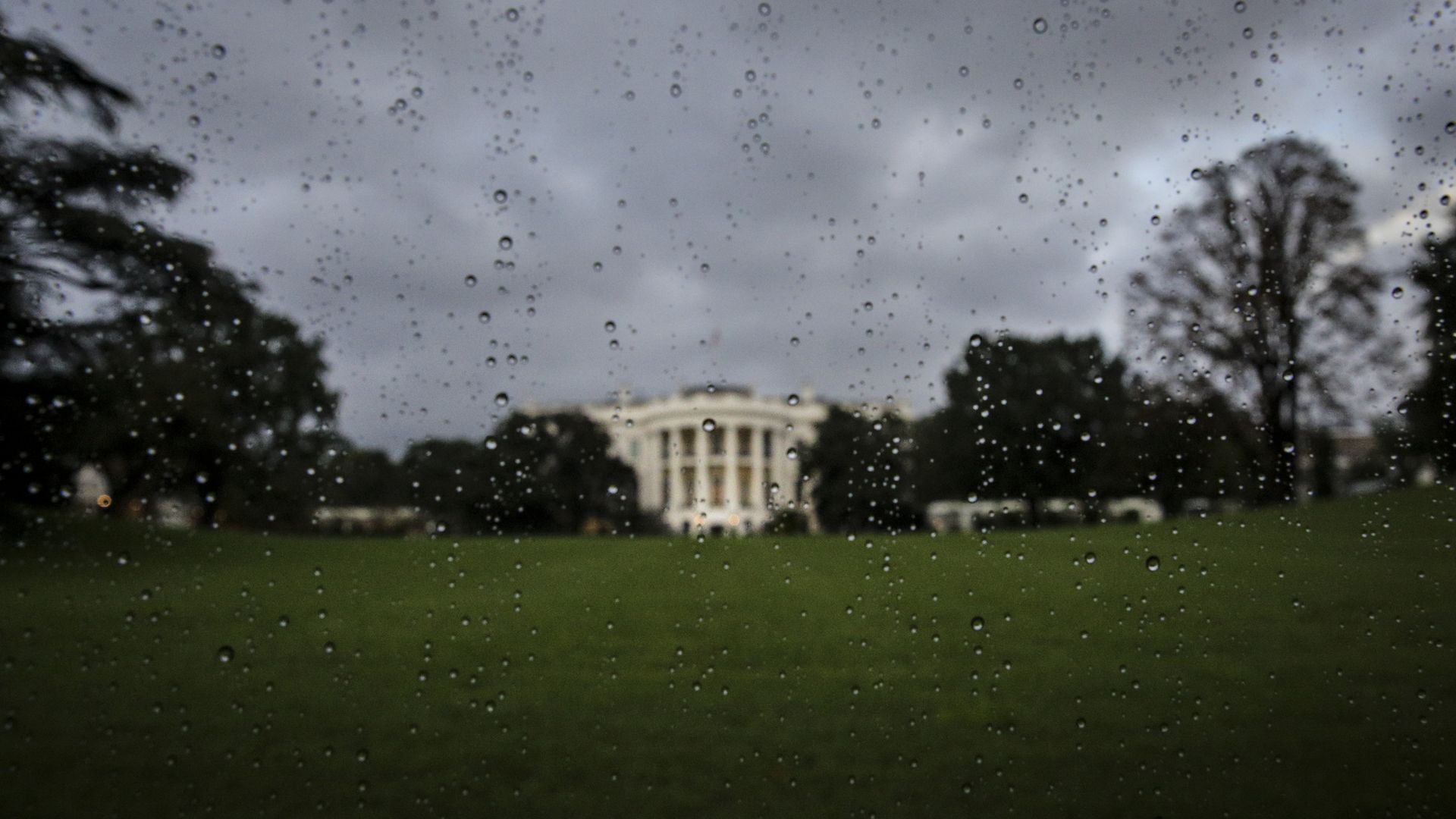By Ajit Ranade
 Disclaimer: The views expressed here are the author's own. The opinions and facts expressed here do not reflect the views of Mirror and Mirror does not assume any responsibility or liability for the same.Two years on, impact of demonetisation is still being debated. Here’s a primer on some key concepts.
Disclaimer: The views expressed here are the author's own. The opinions and facts expressed here do not reflect the views of Mirror and Mirror does not assume any responsibility or liability for the same.Two years on, impact of demonetisation is still being debated. Here’s a primer on some key concepts.
It’s been two years since demonetisation and the debate over its impact on the economy, whether it was good or bad, is still raging. There was a huge upfront cost for the economy (in terms of lower GDP growth, lost jobs, long lines and untold hardships), and there were long-term benefits (more digital transactions, a wider taxpayer base, greater formalisation of the economy).













/arc-anglerfish-arc2-prod-mco.s3.amazonaws.com/public/BB5LZQNY2ZGSRC46EY4EWOZIZE.JPG)
/arc-anglerfish-arc2-prod-mco.s3.amazonaws.com/public/MELOF4IFJ5DEJEC7VTTEU3G2EM.jpg)



/arc-anglerfish-arc2-prod-mco.s3.amazonaws.com/public/RJHXWN4RAZA6BA4ZGWC4GWABRE.jpg)